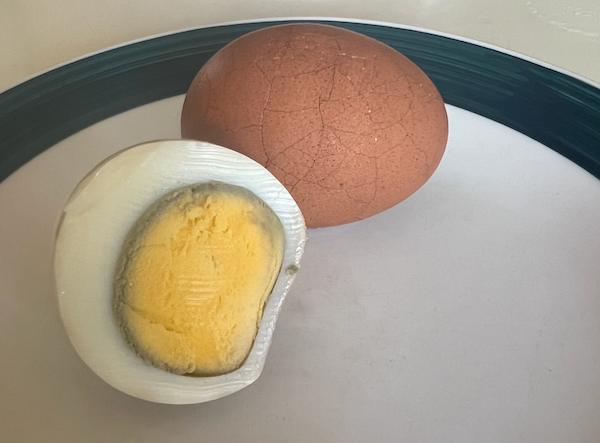
Li Xia Dan (Beginning of Summer Eggs) 立夏蛋
As we pass the Li Xia “Beginning of Summer” 立夏 solar term, we begin to transition away from the spring season and into the summer. Summer is associated with fire and the heart organ system, and at this time, the kidneys, associated with water, are in their weakest state. This is an important time to prepare for this transition and nourish our kidney jing (essence). Our kidney system is foundational to the three treasures (jing, qi, and shen) and therefore extremely important for those who seek progress in neigong practice. In general, nourishing our kidney jing at this time makes our health strong and robust during the shift of seasons going into the summer.
A common yangsheng recipe for this time of year is Li Xia Dan “Beginning of Summer Eggs,” which can replenish kidney essence (jing). A key ingredient in this recipe, aside from eggs which themselves are good for building jing and blood, is fen xin mu 分心木 “walnut membrane.” Walnut membrane is that lining that you find when you crack open a whole walnut that is on the inside of the shell and runs between the two halves of the walnut. In Chinese medicine this is known to tonify the kidneys and astringe jing.
It is good to make one or two batches of Li Xia Dan and eat them most days out of the week for breakfast for the time period roughly surrounding the Li Xia solar term (for about two weeks after Li Xia). I definitely noticed a difference after eating one each morning for several days!
* Note that these can have an effect of invigorating the blood (huoxue 活血) and so are not recommended for pregnant or menstruating women.
Ingredients
- Eggs (~8 or so)
- Whole walnuts (roughly as many as there are eggs)
- Handful of black beans
- Redmond Real Salt (roughly 1 tsp – 1 tbsp to taste)
- Low sodium soy sauce (roughly ¼ cup)
- Pinch of chenpi (aged tangerine peel)
- Pinch of fennel
- A couple of bay leaves
Preparation
Crack open your walnuts and remove the walnut membrane (fen xin mu 分心木) and rinse them off.
Fill a fairly large pot or deep pan with filtered water. Add the walnut membrane, along with the black beans, chenpi and fennel and let it all soak for about 30 minutes.
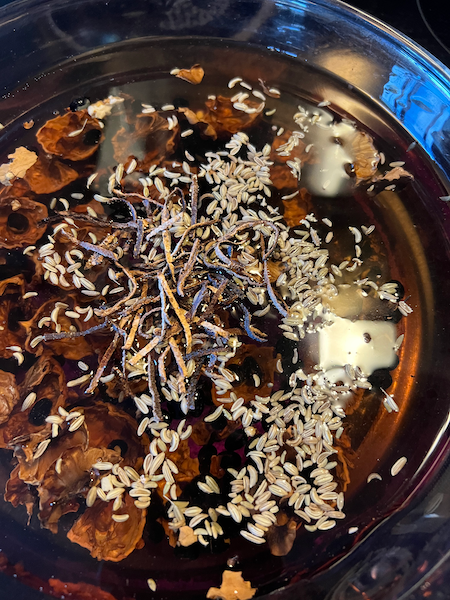
Bring to a boil and simmer covered for 1 hour. Meanwhile, wash off your eggs (either just rinse them or wash with salt water).
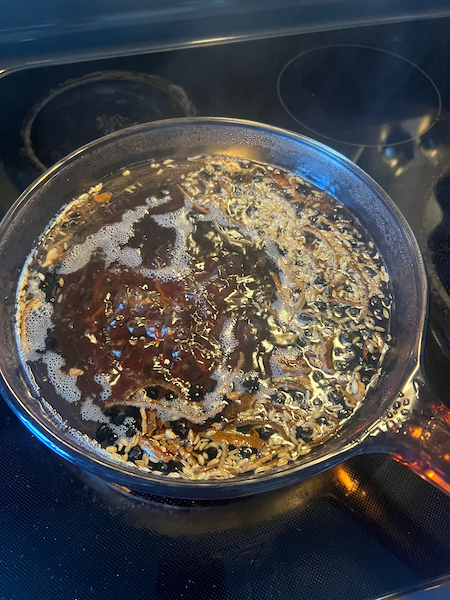
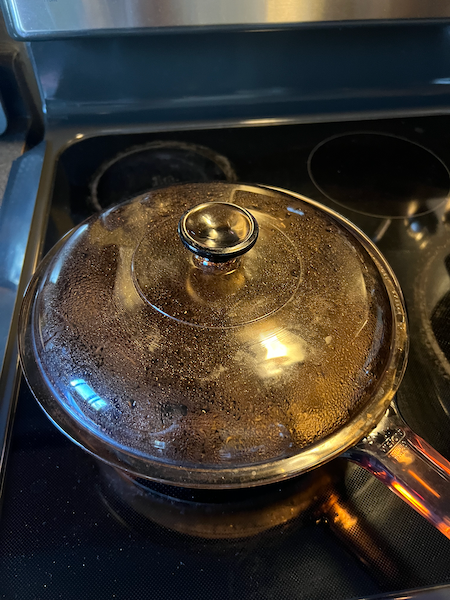
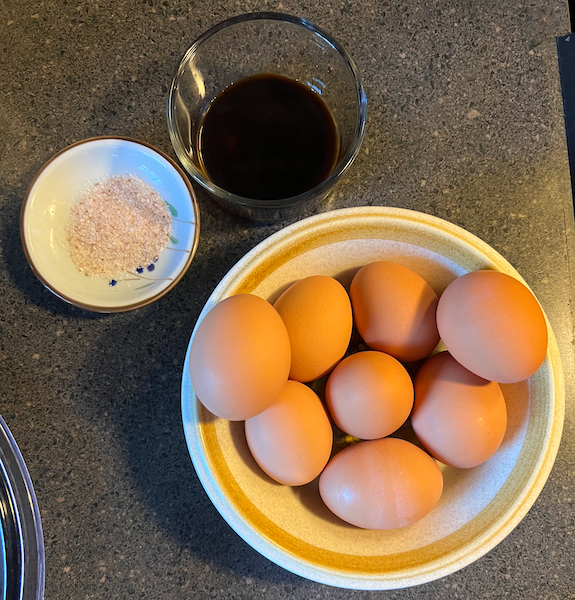
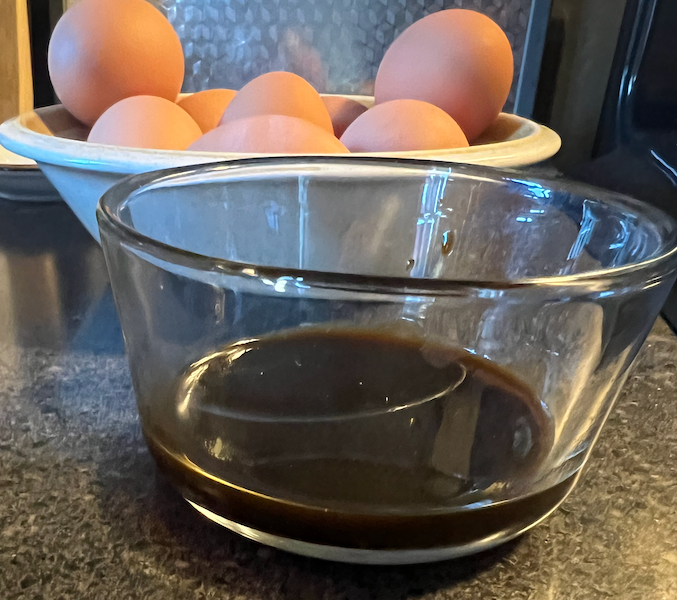
After simmering the mixture, let it cool for 20 minutes or so. This is so that the eggs don’t crack when added due to it being too hot. When ready, add the eggs, salt and soy sauce.
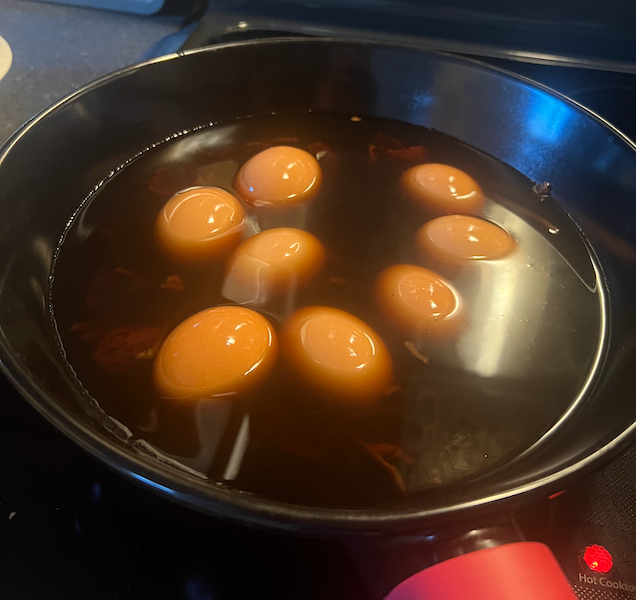


Add a couple bay leaves for taste, and bring everything to a boil, then reduce heat and simmer for 10 minutes or however long it takes to cook a hard-boiled egg at your given altitude.

After the eggs have cooked, remove from heat and gently bash each egg’s eggshell. This will allow the soup decoction to seep into the egg.

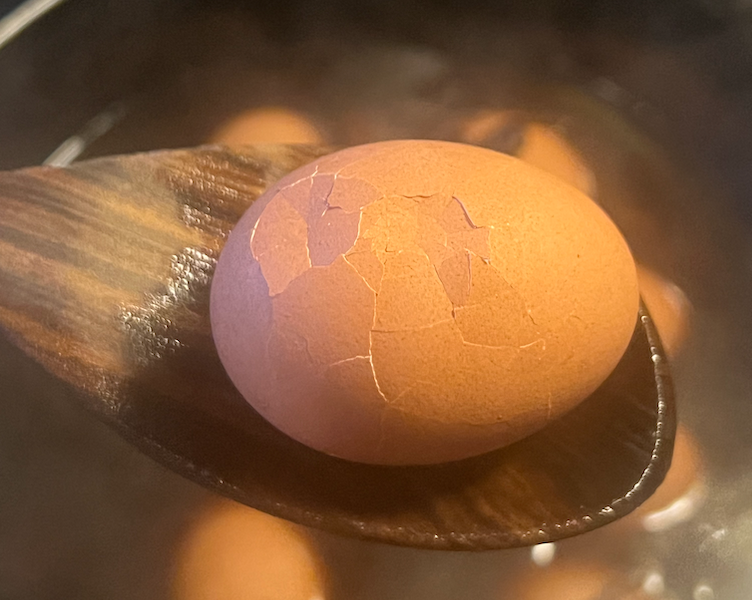
Transfer the eggs and as much of the decoction as you can into a container and store it in the refrigerator overnight (covered).
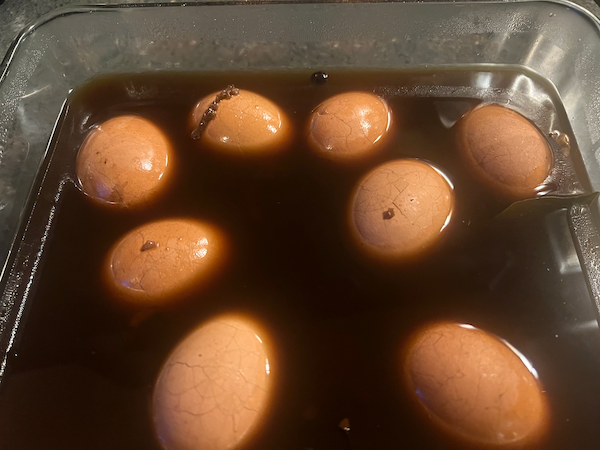
Each morning you can take one or two out and boil them for a few minutes minutes to re-heat them (spoon some of the decoction into a pot and fill the rest of the way with fresh water).

